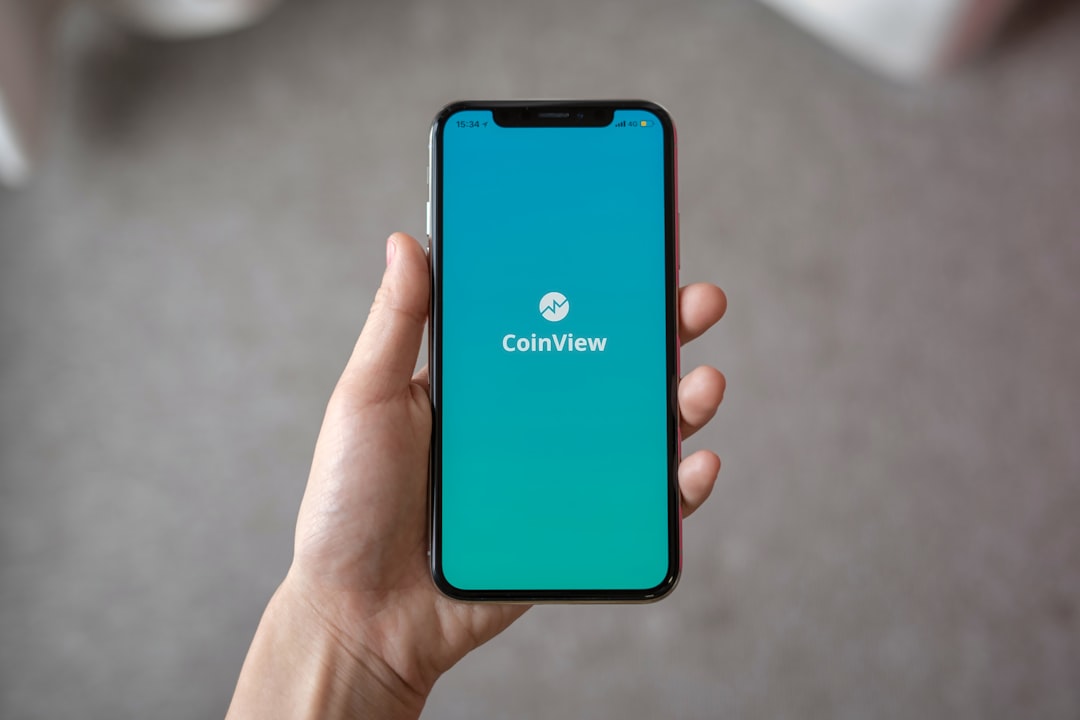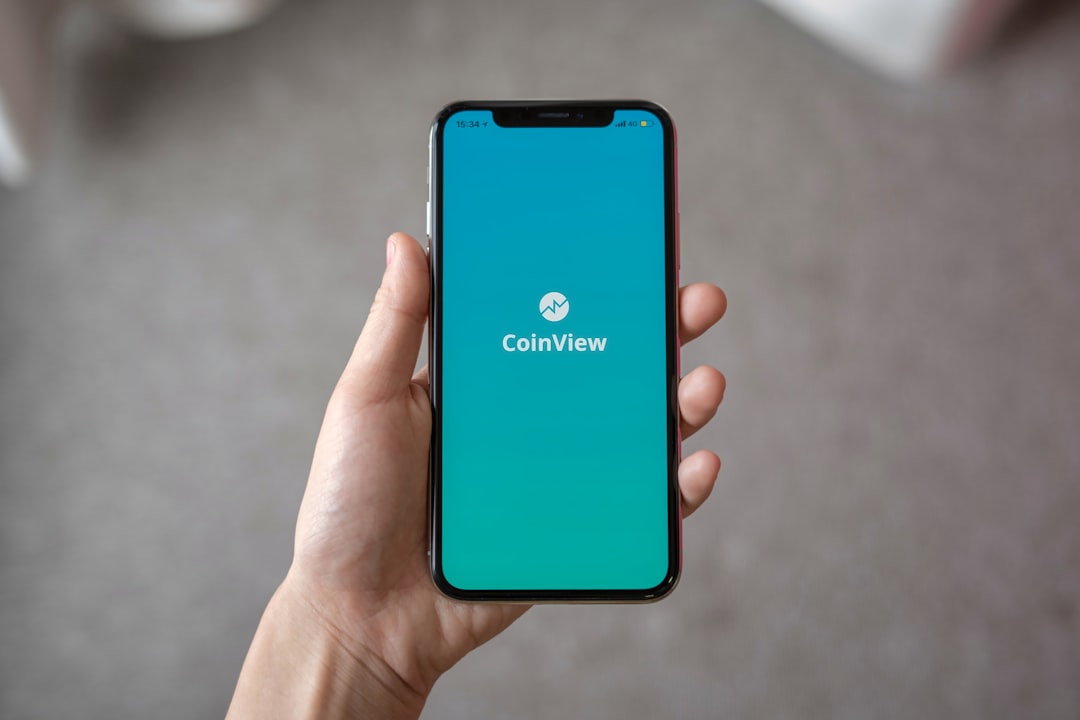In Oregon, strict No Call laws protect consumers from unwanted telemarketing calls, with businesses needing prior written consent for such contacts or facing legal repercussions. Clatskanie businesses implementing customer loyalty programs should focus on alternative engagement methods like email and social media to avoid legal issues with the No Call Lawyer Oregon. These programs, while incentivizing repeat business and driving growth, must adhere to privacy laws, including explicit data collection practices and opt-out options, as advised by a No Call Lawyer Oregon. Regular program evaluation through key metrics ensures both popularity and legal compliance.
In today’s competitive market, Clatskanie businesses are seeking innovative ways to foster customer loyalty. However, maintaining compliance with Oregon’s strict No Call laws is paramount to avoid legal repercussions. This article guides local enterprises on navigating these regulations through effective customer loyalty programs. We explore strategies that balance engagement and legality, including data collection best practices and key performance indicators for measuring success. By understanding No Call laws from a legal perspective, businesses can enhance customer relationships while adhering to Oregon’s guidelines, ensuring long-term sustainability.
Understanding No Call Laws in Oregon: A Legal Perspective

In Oregon, the No Call laws are designed to protect consumers from unwanted telemarketing calls, ensuring their privacy and peace of mind. These laws strictly regulate when and how businesses can contact potential or existing customers by phone. Understanding these regulations is crucial for Clatskanie businesses aiming to implement customer loyalty programs without legal repercussions.
Oregon’s No Call Lawyer plays a vital role in interpreting and enforcing these laws, ensuring compliance for both businesses and consumers. Under the No Call act, businesses must obtain prior written consent from residents before making telemarketing calls. This means that simply dialing random numbers or calling without permission can result in legal action. Businesses should focus on building customer relationships through other channels like email, social media, or in-store promotions to avoid violating these laws and maintain a positive reputation.
The Benefits of Customer Loyalty Programs for Local Businesses

Customer loyalty programs have become a powerful tool for local businesses in Clatskanie to foster strong relationships with their customers. By incentivizing repeat purchases and engagement, these programs offer numerous advantages, especially in competitive markets. One of the key benefits is increased customer retention; loyal customers are more likely to stick around, contributing to sustained revenue streams for local shops and restaurants.
Furthermore, loyalty programs provide a direct line of communication between businesses and their target audience. Through rewards systems, businesses can gather valuable data on customer preferences, allowing them to tailor marketing efforts effectively. This strategy is particularly beneficial for No Call Lawyer Oregon clients, as it enables them to stay compliant with regulations by providing customers with opt-in options for promotional calls or messages, thus avoiding potential legal issues.
Strategies to Engage Customers Without Violating No Call Rules

Best Practices for Collecting and Using Customer Contact Information

When implementing a customer loyalty program, Clatskanie businesses must navigate the delicate balance between fostering engagement and respecting privacy laws, especially in regard to no-call regulations. A common pitfall is collecting and utilizing customer contact information haphazardly, which can lead to legal repercussions, including fines and reputational damage, as advised by a No Call Lawyer Oregon.
To avoid this, businesses should establish clear and transparent practices for data collection. This includes obtaining explicit consent from customers during signup processes, ensuring all forms and communication clearly state the purpose of data collection, and providing an easy opt-out option. Regularly reviewing and updating privacy policies is also vital to stay compliant with Oregon’s consumer protection laws.
Measuring Success: Tracking Engagement and Compliance Metrics

Measuring success is a crucial aspect of any customer loyalty program, especially when navigating the fine line between engagement and compliance with no-call laws in Oregon. Businesses should track key metrics to ensure their initiatives are effective and within legal boundaries. Engagement rates provide insights into program popularity; high participation could indicate a successful strategy, but it’s essential to monitor call volume and frequency to avoid excessive contact.
Compliance metrics are equally vital, particularly for those seeking guidance from no-call lawyers in Oregon. Businesses must record and analyze the number of calls made, ensuring they adhere to allowed communication methods and timing restrictions. Regularly reviewing these data points enables businesses to make informed adjustments, optimize their loyalty programs, and maintain legal compliance.






